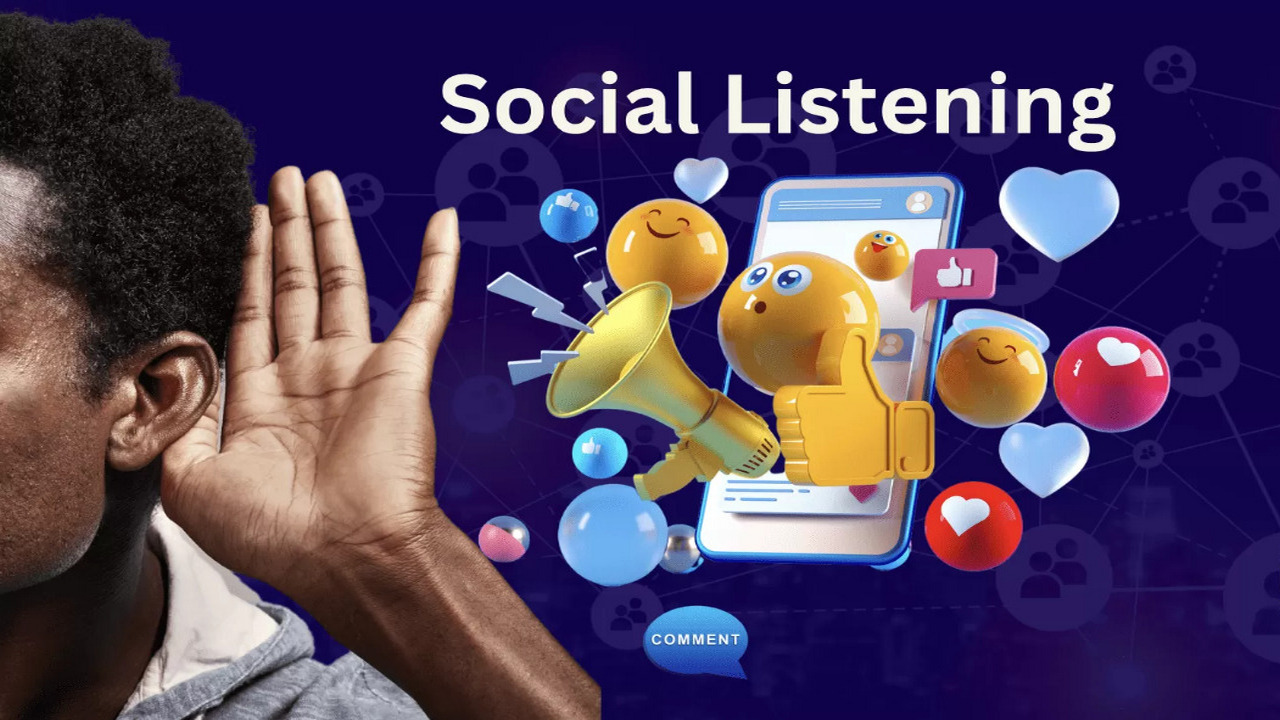In today’s digital age, social media platforms have become a central hub for people to express their thoughts, opinions, and experiences. As a result, brands and businesses have recognized the need to monitor and engage with social media conversations actively. This practice is known as social listening, and it plays a vital role in understanding customer needs, managing brand reputation, and driving business growth. In this article, we will explore what social listening entails and why it matters, with a focus on its significance for businesses.
Understanding Social Listening

Social listening refers to the process of monitoring and analyzing online conversations and discussions on various social media platforms, forums, blogs, and news sites. For example, TikTok involves tracking TikTok followers, mentions, keywords, hashtags, and sentiment analysis to gain insights into what people are saying about a brand, its products or services, competitors, and the industry as a whole. Social listening helps businesses stay informed about public sentiment, trends, and emerging issues in real time.
The Importance of Social Listening for Businesses

Customer Insights: Social listening provides businesses with invaluable insights into customer preferences, needs, and expectations. In TikTok, by monitoring conversations, brands can buy real followers on TikTok, identify pain points, gather feedback, and gain a deeper understanding of their target audience. This information can be used to improve products, develop targeted marketing campaigns, and enhance customer experiences.
Reputation Management: Social media has given individuals a powerful platform to voice their opinions, both positive and negative. Social listening enables brands to proactively manage their online reputation by promptly addressing customer concerns and resolving issues. By monitoring brand mentions and sentiment, businesses can identify potential crises and take appropriate action before they escalate.
Competitor Analysis: Social listening allows businesses to keep a close eye on their competitors. By tracking mentions, reviews, and customer feedback about rival brands, companies can identify strengths and weaknesses, benchmark their performance, and gain a competitive edge. This information can be leveraged to refine marketing strategies, differentiate from competitors, and identify opportunities for growth.
Trend Spotting: Social media platforms serve as hotbeds for emerging trends and conversations. By monitoring relevant hashtags and topics, businesses can identify emerging trends and capitalize on them. This allows brands to stay ahead of the curve, adapt their offerings, and position themselves as industry leaders.
Influencer Marketing: Social listening plays a crucial role in influencer marketing campaigns. By monitoring conversations, businesses can identify influential individuals who align with their brand values and have a significant impact on their target audience. This enables brands to forge partnerships with influencers, extend their reach, and build authentic connections with their customers.
Crisis Management: In today’s fast-paced digital landscape, crises can quickly unfold on social media platforms. Social listening equips businesses with the ability to detect and respond to crises in real time. By monitoring conversations and sentiments, companies can address issues promptly, mitigate negative impacts, and restore public trust.
Conclusion
Social listening has become an essential practice for businesses seeking to thrive in the digital age. By actively monitoring and analyzing social media conversations, brands can gain valuable insights into customer preferences, manage their reputation, stay ahead of competitors, spot emerging trends, leverage influencer marketing, and effectively handle crises. With the right tools and strategies in place, businesses can harness the power of social listening to drive growth, build strong customer relationships, and adapt to ever-changing market dynamics.
